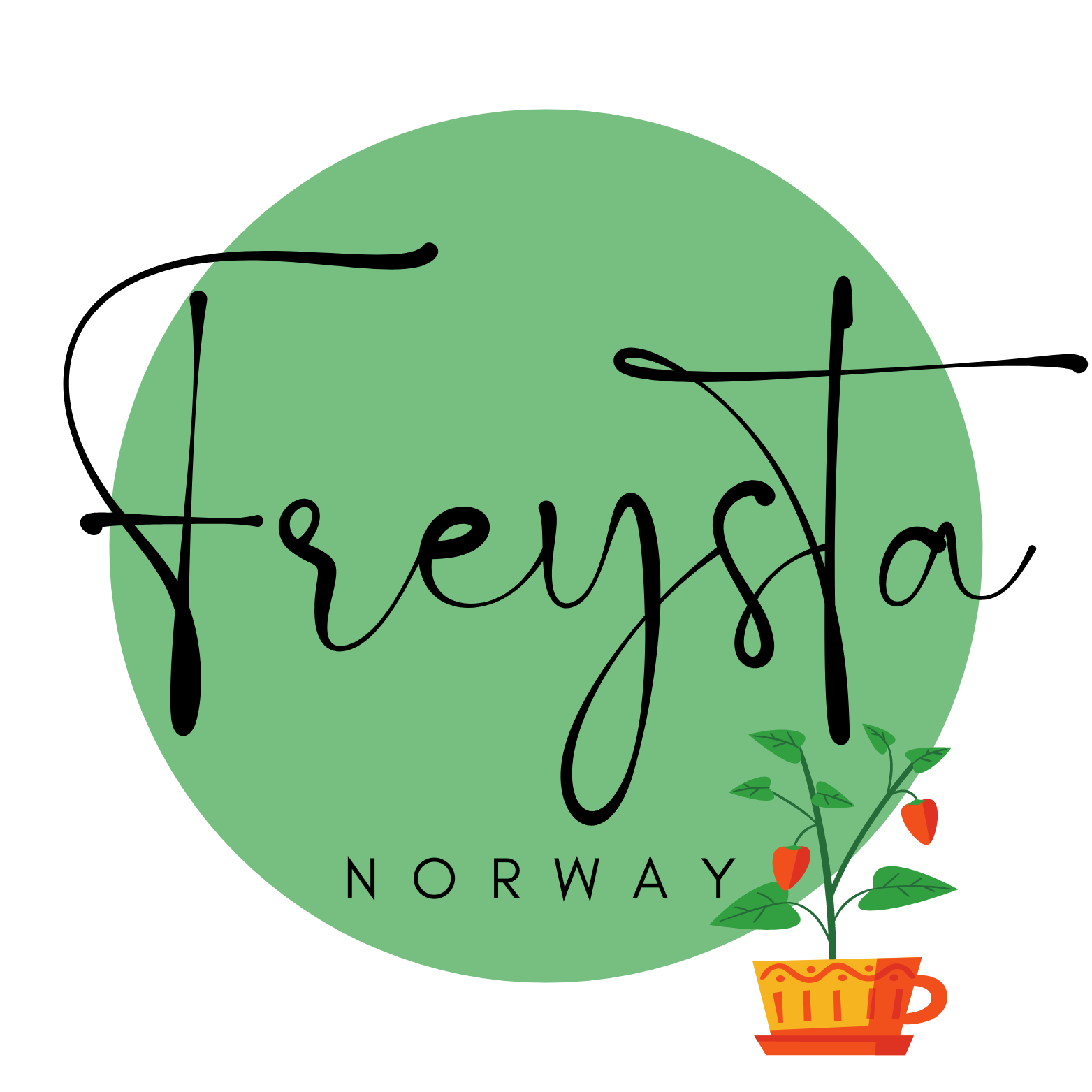Who Can Move to a Norwegian Village?
Depending on the nature and level of your education, you can get a residence permit from one to three years. After three years you can apply for a permanent residence permit.
Your family members can apply for family immigration to join you in Norway. If you and your family members apply simultaneously, you will receive a response to your applications at the same time.
-
a completed vocational training programme of at least three years at upper secondary school level, for example as a carpenter or health worker. There must be a corresponding vocational training programme in Norway
-
completed education or degree from a university/ university college, for example a bachelor's degree as an engineer or nurse.
-
special qualifications are skills acquired through long professional experience, possibly in combination with courses and education. You must have as high competence as someone who has completed vocational education from upper secondary school. Generally, you must have at least six years of work experience. For example, suppose you have work experience as a painter. In that case, you must present detailed work certificates from previous employers that show that you have learned and can do the same as a person with a professional education as a painter. It takes a lot to get permission in such cases. Many applications are rejected. For those of you who are going to work in the IT industry, the requirements for documentation are not as strict.
IF YOU ARE FROM THE REST OF THE WORLD
Now, it gets a bit trickier, though not impossible. The primary option for obtaining a residence permit is being a skilled worker with a specific job offer, or being self-employed in a company to be established in Norway.
The Norwegian government defines a skilled worker as follows:
IF YOU ARE FROM THE EU/EEA COUNTRIES
This applies to the following countries: Austria, Belgium, Bulgaria, Croatia, the Czech Republic, Estonia, France, Germany, Greece, Hungary, Ireland, Italy, Latvia, Liechtenstein, Lithuania, Luxembourg, Malta, the Netherlands, Poland, Portugal, Romania, Slovakia, Slovenia, Spain and Switzerland.
If you are an EU/EEA national, you may have the right of residence in Norway beyond three months. To have this right, you must have a valid identity card or passport and be either employed, self-employed, a posted worker, a student - or have sufficient funds to support yourself.
Family members of an EU/EEA national have rights of residence in Norway for more than three months if the EU/EEA national is eligible as described above. The condition is that the family members move to Norway with the EU/EEA national or are reunited with the EU/EEA national in Norway.
If you need to document your right of residence, you can do so by presenting an employment contract, pay slips, proof of being a student or similar documents to those requesting proof of your right of residence. If you have a job you can move to Norway and start working right away, but you must register no later than three months after your arrival in Norway. Registration is free.
You can stay in Norway for up to six months while searching for a job. Note that you have to register with the police as a job seeker within three months after arrival in Norway.
You can find more information about moving to Norway from EU/EEA at udi.no.
Source: www.udi.no

IF YOU ARE FROM THE NORDIC COUNTRIES
If you are a citizen of another Nordic country -Iceland, Sweden, Denmark, Finland, the Faroe Islands, Greenland and Åland- you are entitled to move to Norway to live, work and study. You do not need to apply for a residence permit. However, if you plan to reside in Norway for more than six months, you must report your relocation to Norwegian authorities.
You notify the move by visiting a tax office (National Registry, folkeregistermyndigheten) in person. Remember to make an appointment in advance, as drop-ins aren't accepted. If you are moving to Norway with your family, it is important that all family members attend the registration at the tax office.
In theory, anyone can move to Norway. But in real life, it’s another story. In short, if you are from one of the regions that don't need a residence permit, you're basically all set; otherwise, you'll need to apply for a work and residence permit to be able to move here.
How easy or challenging this process will be, primarily depends on your country of citizenship. We’ll give you a quick overview and direct you to the appropriate sources for detailed information from the Norwegian authorities.
There are also some special opportunities for artists, musicians, performers, and cultural purposes.
And of course, there is always also the option of falling in love and marry a Norwegian!
You can read more about work immigration to Norway at udi.no.
Source www.udi.no

Photo: 🇸🇮 Janko Ferlič on Unsplash
If you are registered as living in Norway, you are generally a member of the Norwegian National Insurance Scheme (Folketrygden). Membership of the National Insurance Scheme is the key to rights from the social insurance authority, the Norwegian Labour and Welfare Administration (NAV). The Nordic agreement stipulates that you may only be registered in one Nordic country at a time.
You can find out more details about moving to Norway from a Nordic country from the Nordic Co-operation (which by the way is the world’s oldest region partnership).
Source: www.norden.org

Photo: Chandler Cruttenden on Unsplash

